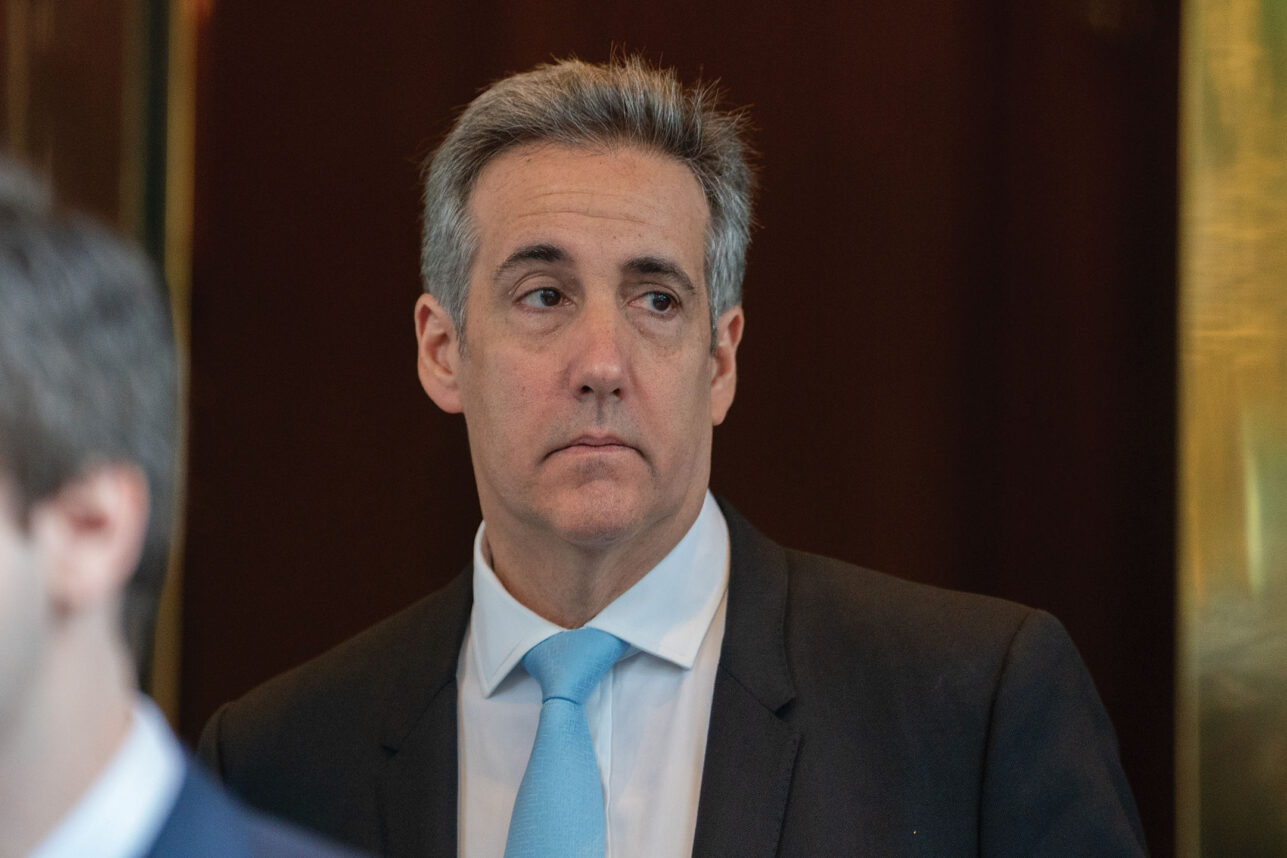I’ve mentioned the ” title=”gets in on it” target=”_blank”>gets in on it:
For all of its lewd jokes and potty-mouth banter, “The Book of Mormon” commingles the profane and the sacred, dramatizing the culture shock, the physical danger and the theological doubts that infuse what one might call the missionary narrative. That narrative has been lived out for centuries by Western missionaries in a range of denominations, and it has been expressed in recent decades in a spectrum of art and literature.
“The Book of Mormon” forms part — admittedly a loopy and idiosyncratic part — of that corpus of work. Both the musical’s respect for faith-based idealism and its criticism of fundamentalist certitude have informed such films as Roland Joffé’s “The Mission” and Bruce Beresford’s “Black Robe,” novels including “The Call” by John Hersey and “The Poisonwood Bible” by Barbara Kingsolver, as well as nonfiction accounts like “The Rebbe’s Army” by Sue Fishkoff, which is not even about Christians but the Hasidic Chabad movement’s emissaries to wayward, far-flung Jews.
“The missionary experience offers several things from a storytelling point of view,” said Steven D. Greydanus, a film critic for the National Catholic Register and Christianity Today, a magazine geared to evangelical Protestants. “There is the cross-cultural experience, an element of exoticism. There’s a chance to see characters display heroism, possibly even martyrdom. But at the same time, in some of the work, the missionary experience has been problematized with concerns about imperialism, condescension to natives, the religious arrogance of claiming to know the truth.”
Did you enjoy this article?
You'll love our roundtable.
Editor's Picks



What Ever Happened to the LA Times?

Who Are the Jews On Joe Biden’s Cabinet?


No Labels: The Group Fighting for the Political Center
Latest Articles

An American Tragedy: Porn Star, Cat Fights and Fredo Returns

But When There’s a Real Genocide, They’re Silent

Sonoma State University President Retires

It’s Not a Fairy Tale

Alleged Paul Kessler Killer Will Stand Trial











 More news and opinions than at a Shabbat dinner, right in your inbox.
More news and opinions than at a Shabbat dinner, right in your inbox.